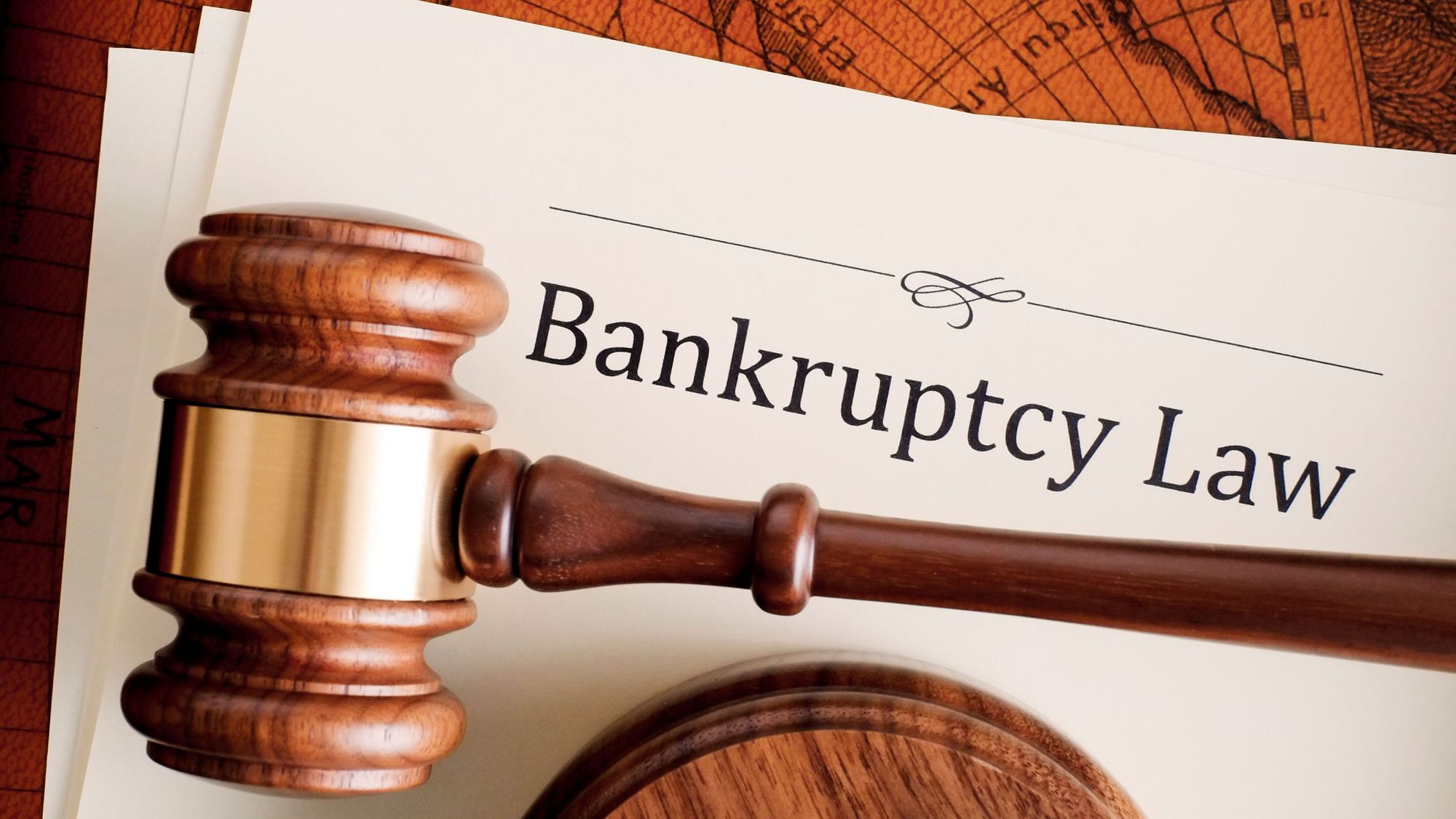
The kinds of activities a potential insolvency borrower ought to dodge can be sorted out into three gatherings. The primary gathering incorporates activities that are illegal by Bankruptcy Code and may make your case be excused. The subsequent gathering incorporates exchanges are not taboo by the Bankruptcy Code however can get you in a difficult situation with the Trustee, prompt certain obligations to not be released, or possibly bring about having the exchange persuasively switched. The last gathering incorporates activities that are not really hindrances in the insolvency cycle yet are impulsive and could be taken care of better with some planning.
Coming up next is a brief, non-extensive conversation of the things you ought to abstain from doing preceding seeking financial protection to help guarantee an effective release and get the new beginning you want.
Activities Prior to Filing Bankruptcy Which May Result in Having Your Case Dismissed
Misrepresentation is the situation here. The most well-known reason for denying an account holder’s chapter 11 release is on the grounds that an indebted person either concealed resources or falsely moved them preceding seeking financial protection with an end goal to keep them out of the hands of their banks. Basically, individuals who do both of these activities are not the kind of legitimate account holders who are qualified for help under the Bankruptcy Code.
The recently recorded bases for refusal of release ought to be self-evident. What isn’t exactly as self-evident, yet similarly enforceable, is a borrower’s transformation of non-excluded resources into an absolved structure before declaring financial insolvency. For instance, when an individual takes every last bit of her money the prior week liquidation and places it in her retirement account since she realizes it won’t be ensured something else. These kinds of cases typically spin around the borrower’s purpose yet when there is no immediate proof of the indebted person’s goal, the court can take a gander at components, for example, how soon liquidation was recorded after the transformation was made to shape its own decisions.
Another way an indebted person’s pre-documenting activities can bring about a disavowal of his release includes the deliberate demolition or covering up of budgetary records. The liquidation trustee and the Court by and large require certain narrative proof of a borrower’s money related history in the time paving the way to insolvency. In the event that those reports are not given and an adequate, provable reason can not be given with respect to why, the Court can deny your release inside and out for inability to look after records. This will in general be a greater amount of an issue when private companies are included or resources can not be found, yet ought not be messed with regardless.
Activities Taken Prior to Filing Bankruptcy Which May Result in a Partial Discharge or Other Issues
A few obligations are nondischargeable because of the one of a kind status conceded to them by Congress and the courts. Different obligations are nondischargeable in light of ill-advised activities taken by an account holder comparable to that specific obligation. These kinds of activities are completely established in misrepresentation and incorporate, for the most part:
Obligation brought about through genuine extortion – For instance, on the off chance that you get a mark advance with no goal to take care of it or compose a check which you realize will ricochet.
Extravagance great or administrations – Includes purchaser obligations owed to one lender for sums higher than $550 caused in the 90 days before seeking financial protection.
Loans – Includes loans taken inside 70 days before a chapter 11 recording adding up to more than $825.
Bogus fiscal summaries – For instance, in the event that you horribly misquote your salary on a vehicle advance application all together guarantee endorsement.
Conventionally, an enemy continuing must be effectively brought by the loan boss claiming these sorts of extortion all together for that specific obligation to be delivered nondischargeable. While foe procedures, as a rule, are uncommon, it is ideal to avoid any and all risks and dodge any of the above activities on the off chance that you need a smooth liquidation.
Another tricky issue which doesn’t include release yet can have negative outcomes is the inclination convention. The inclination precept fundamentally expresses that installments made to general leasers in the 90 days preceding seeking financial protection or to “insiders” -, for example, relatives – in the year before declaring financial insolvency can be viewed as biased installments and fixed by the chapter 11 trustee accordingly.
The specific prerequisites for building up a particular installment are intricate and past the extent of this article, however most importantly in the event that you choose to pay yourmother back in the prior year declaring financial insolvency for cash she lent you and let your other bank’s obligations go unpaid, the trustee may sue your mom to take that cash back and disperse it among every one of your loan bosses – scarcely the outcome you were intending to accomplish. There isn’t anything amiss with intentionally reimbursing an obligation after it is released so spare your mother some distress and hold off on that installment.
Activities Taken Prior to Filing Bankruptcy Which Should Be Reconsidered in General
Probably the greatest error individuals make with regards to insolvency is standing by too long to even consider speaking with a liquidation lawyer about their alternatives. Before you take any of the accompanying activities, you might need to converse with an insolvency lawyer with respect to their viability and potential repercussions on a chapter 11 documenting:
Removing cash from a retirement account – Not just is this cash typically absolved from loan bosses while it remains in the retirement account, you additionally should pay charges on the payment regardless of whether you do later declare financial insolvency.
Approving an obligation union arrangement – The non-merged obligation might be dischargeable through liquidation and the new credit given for the combination may not be.
Taking care of a Visa with the expectations of keeping it through chapter 11 – You may discover the installment recovered as an inclination or the Mastercard dropped at any rate because of a brought down FICO rating.
Taking out a payday credit – These monsters can hit you with a galactic financing cost and cause criminal entanglements under the hot check laws if unpaid
End
While most pre-recording activities which can mess major up for a liquidation borrower are genuinely self-evident, not all are so and much consideration ought to be taken to guarantee that one doesn’t fall on an inappropriate side of the insolvency framework. The results can be unforgiving when the impurity of misrepresentation is detected in a chapter 11 documenting.










